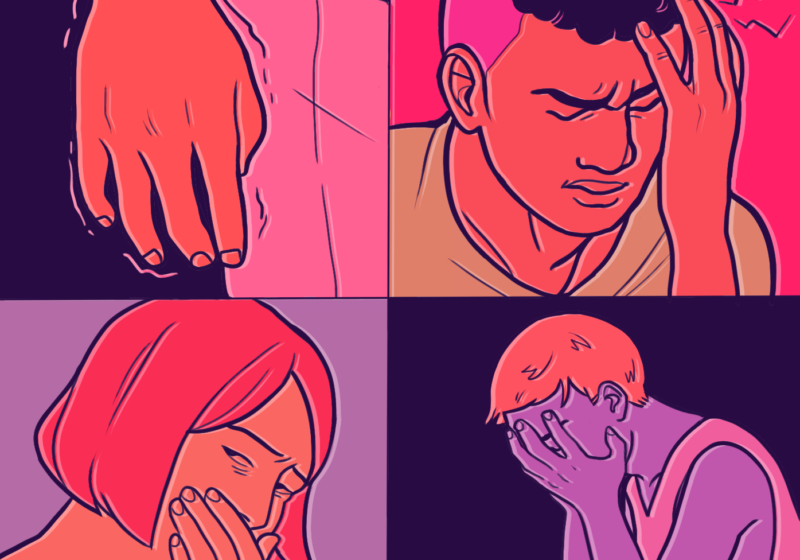Waves of nausea, shaking hands, bouts of panic, insomnia, a sense of impending doom. These primal responses to bodily threats are familiar to most of us here at UR, and no time of year conjures them up more than finals season.
One drawback of attending such an academically competitive school is how punishing the rigorous curriculum can be to a student’s mental and physical health. The urge to achieve can override our better judgment when setting life priorities. Sleep and diet can fall by the wayside when a cumulative exam remains to be studied for. Exercise and a social life can go down the drain when 20 more pages of a final paper loom.
Because it’s not enough to get a degree. We need to be at the top. How can we live knowing our peers have done the same thing as us — and done it better?
The answer is: we just do.
From finals to webwork, every detail from our courses is an opportunity to mess up. And what does the future look like if we mess up?
Probably, you might think, a lot worse than if we hadn’t. But in reality, there’s no way of knowing. If you’re a student at UR and you know exactly what you want to do and how you’ll get there, then props to you.
Even so, there are so many external factors that your chosen outcome is no guarantee. This isn’t to say you should surrender to the uncertainty. But you might as well get comfortable with it because it’s not going anywhere.
There’s nothing wrong with staying on the grind until you feel adequately equipped to slay the material. But time management is a give and take. Past a certain point, the benefit from honing your grasp on that last subtopic is far outweighed by that of a full three hours of sleep (the UR equivalent of eight). Plus, sleep deprivation is likely to damage your academic performance, making your extra studying counterproductive.
And if you think you’ll need to lessen your workload next semester, heed your own advice. Things might seem manageable early on, but compare your workload now to that of two months ago. That comparison is worth considering before you fully commit to those 24 credits, two jobs, and five club positions.
Professors were students once — for many, many years — so talk to them if you feel like you’re drowning. They may throw you a lifeline.
Most of all, focus on what you can control. There’s no telling what specific questions will be on the exam or what the curve will be. But you can make sure you understand the material to the best of your ability, and have that be for its own purpose. Not for a grade, dean’s list, summa cum laude, or entry to whatever faux-Victorian society. Let your courses prepare you to take on your next pursuits after your time here. Revel in learning new things, if you’re the type to watch Numberphile videos before you go to sleep. And try to experience the wide world that exists outside of Gleason.
After all, why would we deal with UR’s exorbitant tuition just to get a half-decade of stress?






